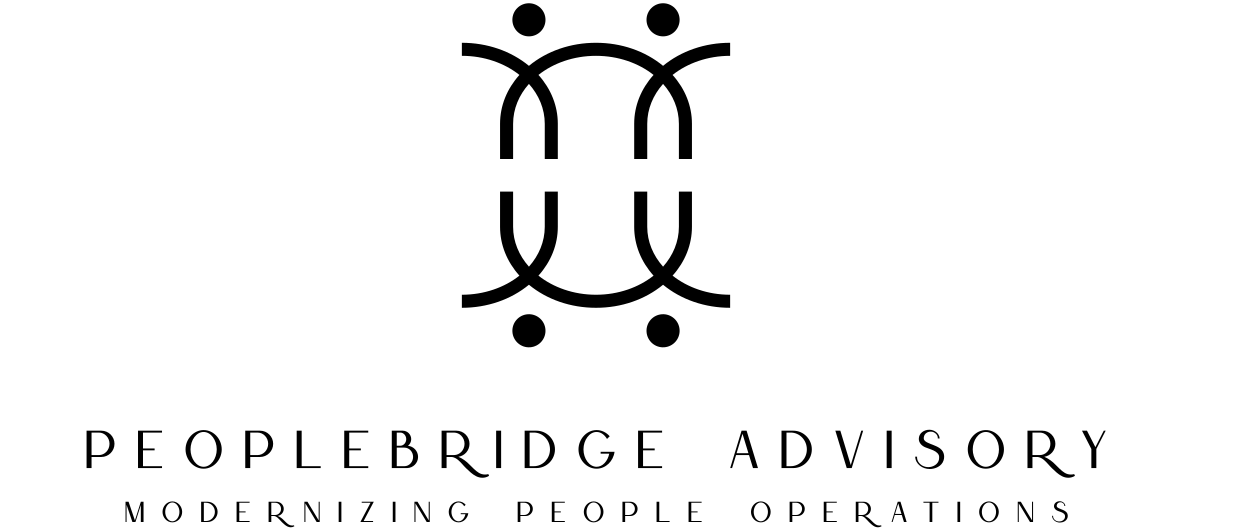Why HR Compliance Audits Are Critical for Risk Avoidance and Cost Savings
For CEOs of small and medium-sized tech businesses, HR compliance can feel like an afterthought, until it becomes a crisis. The cost of non-compliance isn’t just about government fines; it includes legal fees, employee lawsuits, reputational damage, and lost productivity. Conducting regular HR audits is one of the smartest moves you can make to avoid costly compliance pitfalls and ensure your business stays protected.
Many companies assume they are compliant until they are forced to defend themselves in court or face penalties from regulatory agencies. Here are a few common compliance risks that could be lurking in your business:
- Misclassified Employees: Incorrectly classifying employees as independent contractors can lead to costly wage claims and tax penalties.
- Incomplete or Outdated Employee Records: Missing I-9 forms, expired work authorizations, or improperly stored employee files can result in government fines.
- Wage and Hour Violations: Failing to track overtime correctly or miscalculating wages can lead to Department of Labor investigations and employee lawsuits.
- This one is huge: Unlawful Termination Risks: Lack of proper documentation when terminating an employee can open your company up to wrongful termination claims.
- Outdated Policies and Handbooks: Employment laws evolve (constantly), and outdated policies may no longer be compliant with federal or state regulations.
Cost Savings from Proactive HR Audits
A single non-compliance issue can result in fines ranging from thousands to millions of dollars, depending on the severity of the violation. HR audits help you:
- Avoid Government Fines & Penalties: Ensuring compliance with labor laws, OSHA regulations, and state employment laws reduces exposure to costly fines.
- Prevent Employee Lawsuits: Lawsuits related to discrimination, wrongful termination, and wage violations are expensive. An audit identifies gaps before they become legal battles.
- Improve Operational Efficiency: Audits uncover inefficiencies in payroll, benefits administration, and employee classification, leading to cost savings.
- Enhance Company Reputation: A compliant workplace reduces turnover, attracts top talent, and strengthens your employer brand.
HR audits are not a one-time event; they should be conducted annually or whenever significant regulatory changes occur. If you lack the internal expertise, partnering with an HR consultant or legal professional can ensure a thorough review.
Compliance isn’t just about avoiding penalties; it’s about protecting your business from unnecessary risks and ensuring long-term success. Investing in an HR audit today can save you from expensive problems tomorrow.


